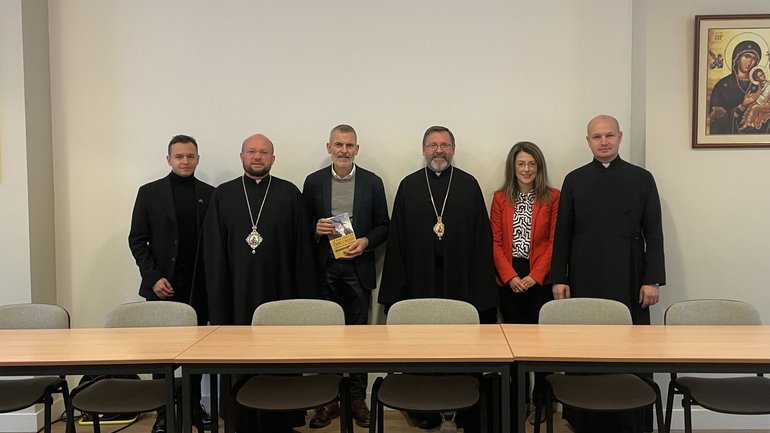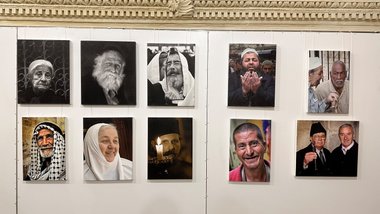The Head of the UGCC advised Conference of European Churches to commence study on the lethal ideology of the 'Russian World’

This was reported by the Information Department of the UGCC.
The Head of the UGCC urged representatives of the CEC to initiate a "serious process of studying the ideology of the 'Russian world,' which today has brought death to Ukrainian soil and poses a global threat to the entire Christian world."
"If Orthodox Christians today kill Orthodox Christians, if one Church breeds a deadly ideology and brings death in the name of defending Christian values, Christianity in the modern secularized world cannot claim the trust of the people," emphasized His Beatitude Sviatoslav, pointing to the need to confront the "Russian world" ideology. He added that Ukrainians can help the global Christian community develop the necessary antibodies to resist the "Russian world" virus, as they have become the first victims of this destructive ideology.
On behalf of the UGCC, His Beatitude Sviatoslav expressed gratitude to the CEC for its prompt and clear response to Russia's aggression against Ukraine and invited the leadership of this organization to strengthen cooperation with the Ukrainian religious community.
Katerina Pekridou, the Head of CEC Programs, praised the Ecumenical Concept of the UGCC as an "exemplary document for building ecumenical dialogue." The parties also discussed cooperation between the ecumenical structures of the UGCC and the CEC.
Bishop Stepan Sus, the Head of the Pastoral Migration Department of the UGCC, shared that in countries where there are no canonical structures of the UGCC, collaboration often occurs with representatives of local Protestant and Orthodox Churches. He expressed gratitude for the "brotherly attention to our pastoral needs and the readiness to provide us with the use of their churches and schools." According to Bishop Stepan, such gestures of solidarity demonstrate a common desire to build unity among all Christians based on shared Christian values.
The Conference of European Churches brings together 114 European Churches of Catholic, Orthodox, and Protestant traditions for collaboration with the institutions of the European Union in Brussels and Strasbourg. Its objectives include promoting ecumenical dialogue and upholding religious freedom in European countries.










